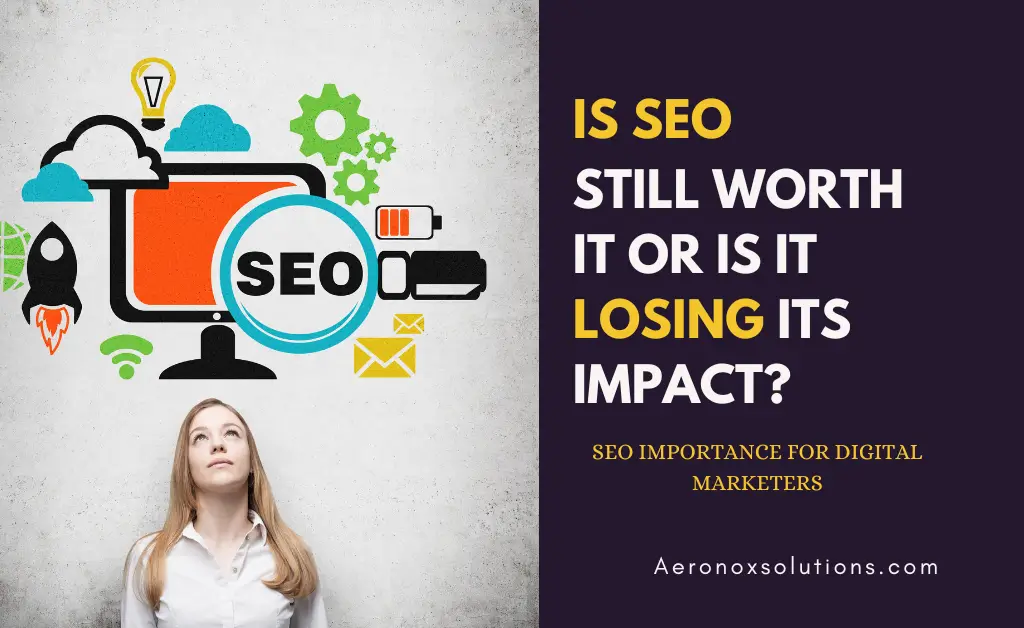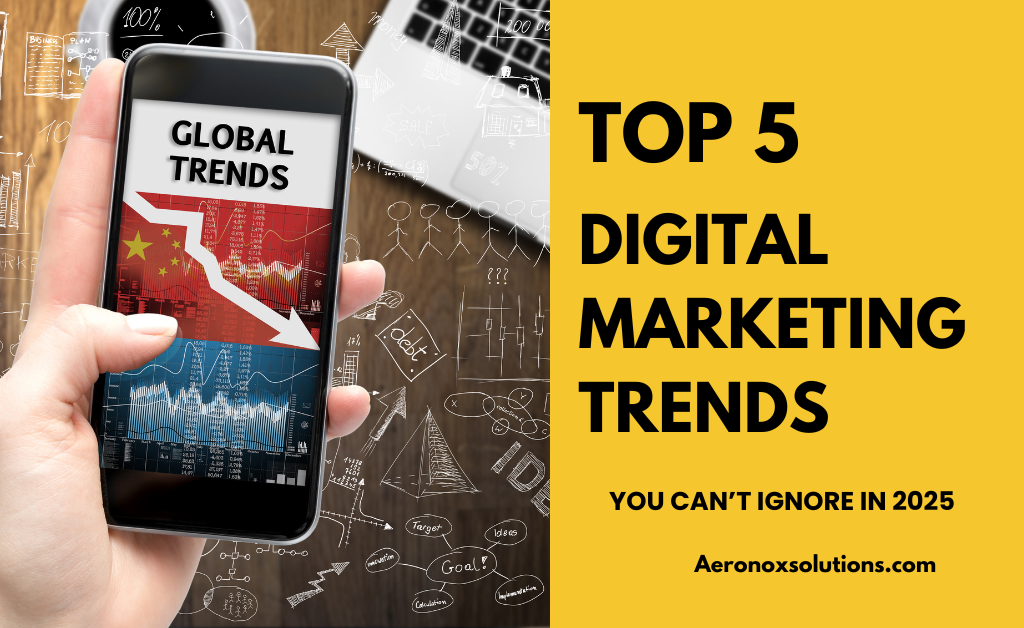Is SEO Still Worth It in 2025, or Is It Losing Its Impact?
The debate around SEO’s effectiveness in 2025 is more intense than ever. Some argue that SEO remains the backbone of digital marketing, while others believe that evolving Google updates and AI-driven search results are making organic rankings increasingly difficult. For businesses and marketers focusing on organic growth, the key question is: Does SEO still worth it, or is paid advertising becoming the only reliable way to drive traffic? Is SEO Still Worth It in 2025? Insights from Digital Marketers From my experience, the effectiveness of SEO really depends on the sector and audience. One of my client of mortgage broker, I focus on first-time buyers and gets 40 to 50 leads a month through TikTok, so Google rankings aren’t his priority. On the other hand, a psychotherapist I work with saw no success with social media but found great results after we improved her Google rankings. In results, she now gets 5 to 8 leads per week from organic search. This just proves that SEO isn’t a one-size-fits-all solution but rather part of a broader multi-channel strategy. This highlights that SEO is not a one-size-fits-all strategy but part of a broader multi-channel approach. While paid advertising offers immediate visibility, SEO remains an essential long-term investment for sustainable growth. Is SEO dead in 2025? No, SEO is far from dead in 2025 and isn’t going away anytime soon. However, it continues to evolve significantly due to advancements in artificial intelligence, changing user behavior, and ongoing algorithm updates. Recent updates reveal that Google is prioritizing user experience more than ever, meaning SEO now goes beyond traditional optimization techniques. As a result, delivering high-quality, engaging content is no longer optional, it’s the standard. To stay competitive, key SEO factors include a well-structured website, low bounce rates, readable text, fast-loading pages, and content that truly aligns with user intent. Consequently, collaboration with developers, designers, and copywriters has become more important than ever. Although SEO is more challenging than it was a decade ago, it remains a crucial business tool and one of the most effective marketing channels supported by solid data. Is Google Becoming Less Relevant as AI Platforms Gain Popularity? One of the biggest questions content marketers and SEOs are asking is Google and traditional SEO will remain relevant in the coming years. At this stage, it’s too early to predict with certainty what the search landscape will look like in 3–5 years. AI-driven platforms are changing how people seek information, but Google remains the dominant search engine for now. However, looking at recent trends and research, we can see early signs of change. The rise of AI-powered search assistants, conversational AI, and zero-click searches suggest that search behavior is evolving. The real question is not whether Google will become obsolete but how it will adapt—and how businesses should adjust their SEO strategies accordingly. 11 Statistics Proving That SEO Is Still Worth It in 2025 Is SEO it worth it? Absolutely! You are basically getting tons of free traffic from a search engine, instead of paying for them through advertisements. As Mufasa says: Look, Simba, everything the light touches is our kingdom. Image Credit: Walt Disney Every result that you get from a search engine is a result of a properly done SEO. Any business on the internet can thousands of dollars with the help of Search Engine Optimization. In fact, it’s more valuable than ever. Here are 11 data-backed reasons why businesses should continue investing in SEO. 1. Organic Search Drives 53% of All Website Traffic Organic search remains the leading source of website traffic, outperforming social media, paid ads, and other marketing channels. With 53% of all website traffic coming from organic search, it’s clear that users continue to rely on search engines like Google to find information, products, and services. When a website ranks well on search engine results pages (SERPs), it attracts consistent, high-intent visitors without the recurring costs associated with paid advertising. This makes SEO a cost-effective and sustainable long-term strategy for driving qualified traffic and achieving business growth. (Source: BrightEdge, 2024) 2. Over 90% of Online Experiences Begin with a Search Engine Search engines are the starting point for the vast majority of online activities. According to Forrester Research (2024), over 90% of online experiences begin with a search engine like Google or Bing. Mostly users are researching products, seeking services, or looking for answers, they rely on search engines to guide their decisions. This underscores the importance of SEO for businesses aiming to capture potential customers at the very beginning of their journey. By optimizing for search, companies can ensure they’re visible when and where it matters most. (Source: Forrester Research, 2024) 3. SEO Delivers 12.2x More ROI Than Traditional Marketing Methods When it comes to return on investment (ROI), SEO outshines traditional marketing methods such as print ads, TV commercials, and direct mail. According to HubSpot (2024), SEO delivers 12.2x more ROI compared to these conventional channels. While paid advertising can offer short-term visibility, SEO focuses on building long-term authority and organic growth. This results in sustained traffic, higher conversions, and better cost efficiency over time. For businesses looking to maximize their marketing budget, investing in SEO is a proven strategy for achieving superior returns. (Source: HubSpot, 2024) 4. Google Processes Over 8.5 Billion Searches Per Day Search engine usage continues to soar, with Google alone handling over 8.5 billion searches every day (Internet Live Stats, 2024). This staggering number highlights the undeniable fact that search engines remain the go-to resource for users seeking information, products, and services. As search demand reaches an all-time high, businesses must prioritize a strong SEO strategy to ensure they’re visible to their target audience. By optimizing for search, companies can tap into this massive pool of potential customers and stay competitive in an increasingly digital world. (Source: Internet Live Stats, 2024) 5. 75% of Users Never Scroll Past the First Page of Search Results Ranking on the first page of Google is critical for capturing user attention. According to Backlinko







